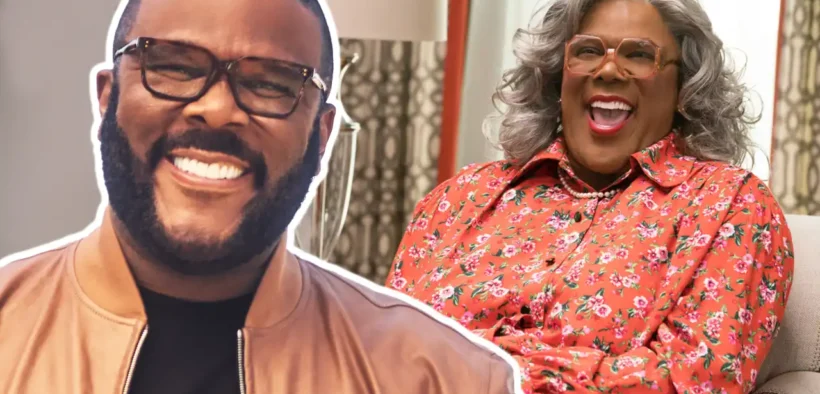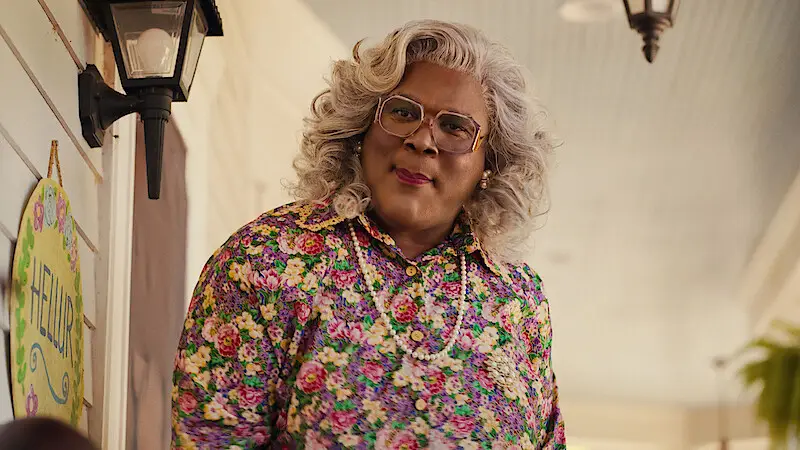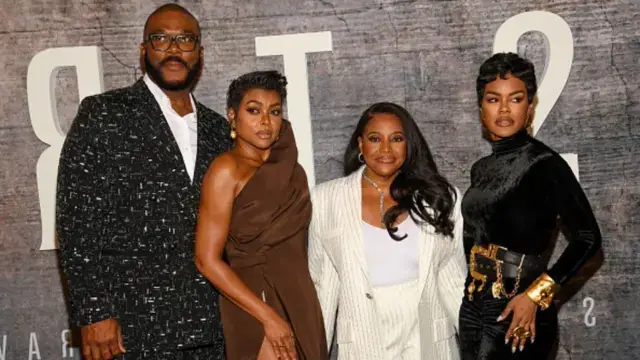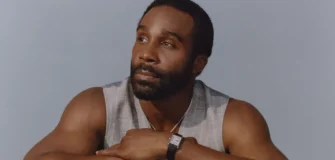Tyler Perry at 56: How He Helped Others Kick-Start & Grow Their Careers
Share

Today, Tyler Perry turns 56. The man who rose from homelessness and rejection to become one of the most powerful figures in entertainment is not just celebrating another year of life, he is celebrating decades of lifting others with him.
Perry’s story has been told countless times: a playwright who hustled tickets in church parking lots, a director who willed his way into Hollywood, and an entrepreneur who built one of the largest studios in the world. But perhaps his most underappreciated legacy is this: Tyler Perry is a career maker.
Casting the Underdogs
Perry’s philosophy has long been to hire the hungry over the pedigreed. “I’m always looking for the underdog,” he once told CNBC. That’s not just a soundbite—it’s a strategy.
Lance Gross, virtually unknown before Perry cast him in House of Payne and Meet the Browns, went on to establish himself as a leading man. “Tyler saw something in me before anyone else did. He trusted me with a role that changed my life,” Gross has said in interviews.

China Anne McClain landed her breakout in Daddy’s Little Girls, years before her Disney and superhero stardom. “I was just a kid, but he gave me a platform. That movie opened doors that might have stayed closed,” McClain reflected.
Tessa Thompson, now a Marvel mainstay, gained national visibility through Perry’s For Colored Girls. “Working with Tyler taught me the value of telling our stories unapologetically,” Thompson once noted. Even Mary J. Blige and Craig Robinson used Perry films as stepping stones into acclaimed acting careers.
Building an Economy in Atlanta
When Perry opened Tyler Perry Studios on a former Confederate Army base in Atlanta, he wasn’t just opening soundstages, he was building an ecosystem.
The 330-acre campus has created thousands of jobs, employing local crews, vendors, and talent who might otherwise have had to chase opportunity in Los Angeles or New York. His payroll has reached into the tens of millions, supporting not just actors but electricians, set designers, caterers, and makeup artists.
Atlanta’s rise as a “Black Hollywood” is inseparable from Perry’s decision to plant roots there.

Owning his studio means owning the pipeline. Perry doesn’t have to wait for Hollywood to greenlight his stories or his people. He writes, produces, directs, and distributes at a pace the industry has rarely seen.
More importantly, he controls who gets opportunities. Tyler Perry Studios has its own casting infrastructure, actively pulling in new and local talent. That autonomy allows him to transform an overlooked actor or first-time crew member into a working professional overnight.
How Tyler Perry Actually Helps People
The ripple effect extends beyond the screen. Perry’s mentorship style, giving feedback, encouraging his teams to learn every role, and rewarding hustle, has fostered a culture where ambition meets opportunity.
In 2025, initiatives like his reported Dream Collective hint at a future where Perry may institutionalize what he’s been doing informally for decades: identifying, resourcing, and elevating emerging filmmakers.

Of course, Perry’s model is not without critics. His high-volume production style is sometimes seen as sacrificing artistry for output. Questions about long-term contracts, residuals, and creative control surface in industry circles. Yet even skeptics concede this: he has democratized access in ways few Hollywood giants have dared.
Tyler Perry has given us Madea, yes, but he has also given us actors who might never have been discovered, jobs for communities far from Hollywood, and a blueprint for ownership in a historically gatekept industry.
On his 56th birthday, the most fitting tribute is not just to laugh at Madea’s wisdom or marvel at his net worth, it’s to acknowledge the careers, families, and futures that exist today because Tyler Perry decided that the underdog deserved a stage.
Happy Birthday, Tyler Perry. The industry is better, and fuller of possibilities, because of you.
























